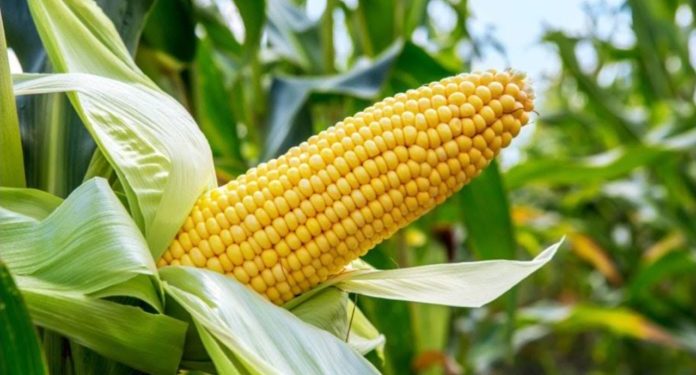Nigeria Approves Release of Transgenic Maize Varieties for Sustainable Agriculture

By Faridat Salifu
In a significant move toward advancing sustainable agriculture, the Federal government has granted approval for the commercial release of genetically modified (GM) maize varieties, known as TELA maize.
This groundbreaking decision, made at the 33rd meeting of the National Committee on Naming, Registration and Release of Crop Varieties, Livestock Breeds/Fisheries (NCNRRCVLF) at the National Centre for Genetic Resources and Biotechnology (NACGRAB) in Ibadan, Oyo State, marks a critical milestone for the agricultural industry.
The approved GM maize varieties include SAMMAZ 72T, SAMMAZ 73T, SAMMAZ 74T, and SAMMAZ 75T, which have been developed to exhibit drought tolerance and resistance to stem-borers and fall armyworm.
These traits offer a substantial yield advantage of up to 10 tonnes per hectare, surpassing the national average for similar hybrids, which is currently at 6 tonnes per hectare under optimal agronomic practices.
The environmental release approval was initially granted by the National Biosafety Management Agency (NBMA) in October 2021, paving the way for the registration and commercial release of the four TELA maize varieties.
Notably, the development of these improved varieties was led by the Institute for Agricultural Research (IAR) Samaru, Ahmadu Bello University Zaria, through the TELA Maize Public-Private Partnership coordinated by AATF.
Professor Ado Yusuf, the Executive Director of IAR, expressed pride in the scientists’ achievements, emphasizing the rigorous research and continuous testing involved in developing these maize varieties using biotechnology tools. This development underscores their dedication to addressing maize productivity challenges both in Nigeria and beyond.
Further underscoring the significance of this milestone, Professor Garba Sharubutu, the Executive Secretary of the Agricultural Research Council of Nigeria (ARCN), highlighted the potential of biotechnology in enhancing food and nutrition security, as well as improving the livelihoods of farming households in Africa.
In addition, the release of TELA maize in Nigeria is celebrated as a pivotal contribution to food and nutrition security in alignment with the Federal Government’s Agricultural Transformation agenda, as affirmed by Dr. Canisius Kanangire, the Executive Director of AATF.
He reiterated the commitment to addressing the challenges faced by farmers across the continent.
The approval of TELA maize varieties in Nigeria presents an opportunity for smallholder farmers to improve their agricultural practices and increase their maize yields. This, in turn, has the potential to contribute to sustainable economic development and resilience in the face of climate change.
Furthermore, the collaboration between public and private sectors in the development and release of GM maize varieties demonstrates the benefits of partnerships in addressing complex agricultural challenges.
This model of collaboration can serve as a blueprint for future agricultural innovations and contribute to the broader advancement of sustainable agriculture in Nigeria and beyond.
